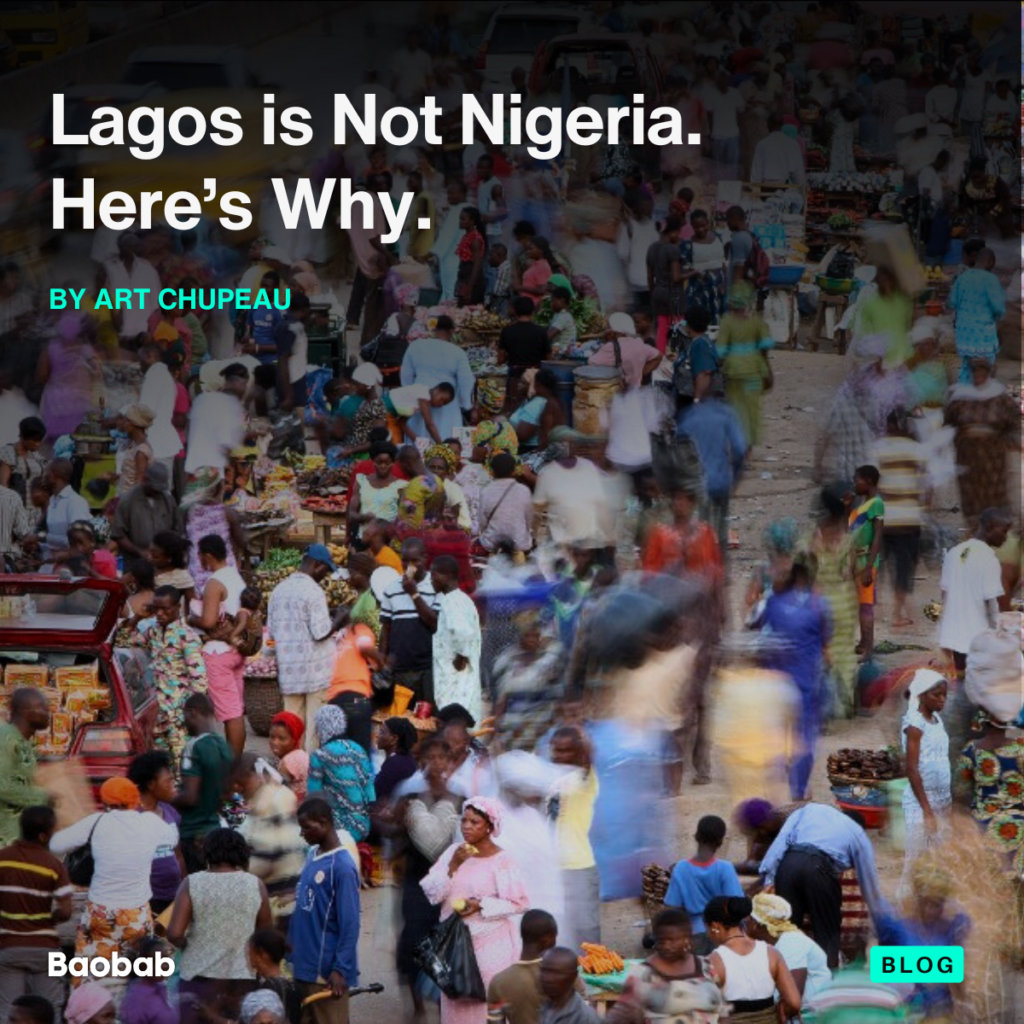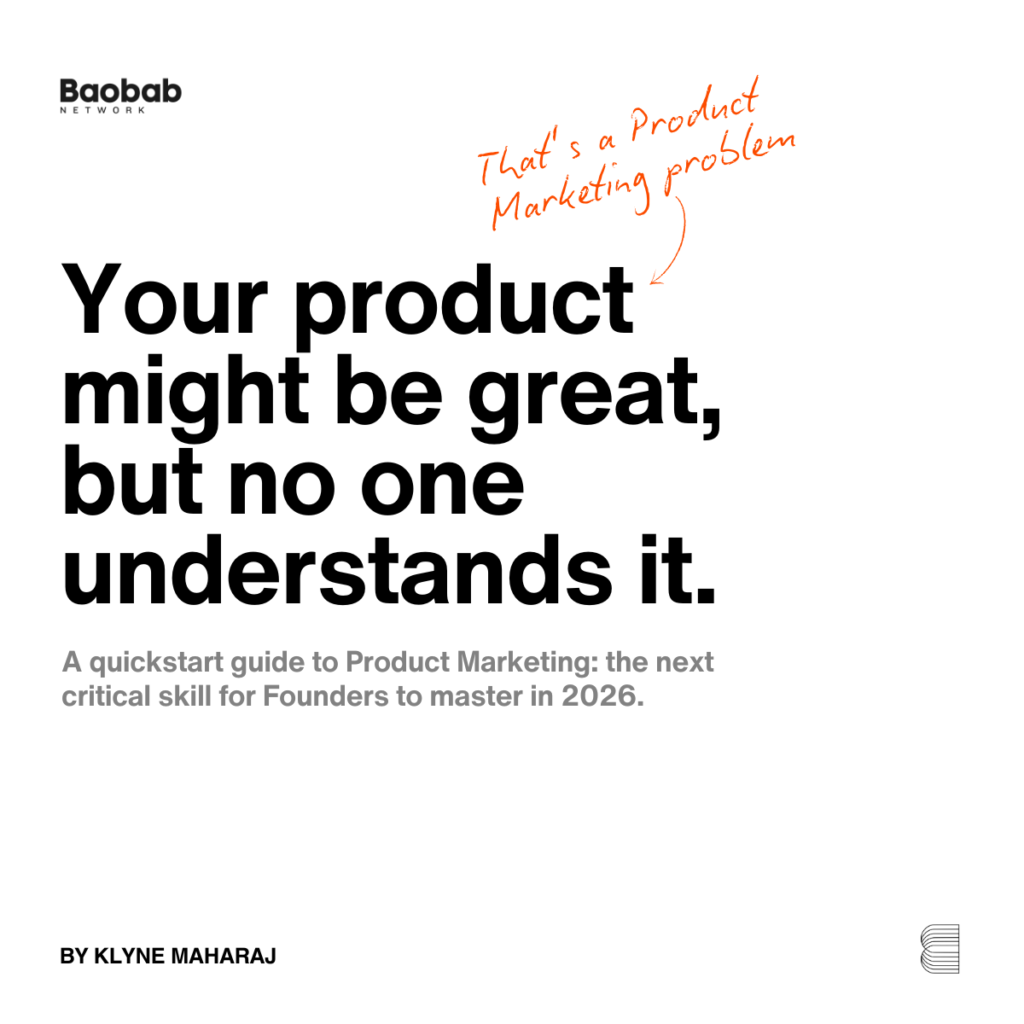For years, global headlines have framed African startups as underdogs – founders solving local problems, attracting international attention, and ultimately being acquired by global players. But that narrative is starting to shift.
Last month, Nigerian-founded fintech LemFi flipped the script.
The company announced its acquisition of UK-based credit-building startup Pillar, a move that not only accelerates its international product rollout but also redefines Africa’s role in the global innovation landscape. For perhaps the first time in recent memory, we’ve seen an African tech company acquire a ‘western startup’ to scale its offering – a reversal that reflects more than just strategic alignment.
It’s a sign of where the continent is headed.
African Startups Are Executing Global Strategies
On paper, LemFi acquiring Pillar is a natural fit. LemFi simplifies remittances and financial services for immigrants, while Pillar helps newcomers build credit in new markets. The acquisition gives LemFi a ready-made wedge into the UK and U.S. credit ecosystems – two very hard markets to break into.
But look beneath the surface, and it speaks volumes about how African startups are starting to act more like global tech companies, not just local champions.
Pillar was no small target. Backed by Accel and Wise co-founder Taavet Hinrikus, it had a strong product, an experienced team, and growing traction. The fact that LemFi was not only able to execute this deal, but also do so from a position of strength speaks to a new reality:
African founders are not just competing. They are acquiring, integrating, and expanding internationally.
The Rise of the “Global African” Startup
This moment is part of a broader trend: the rise of the “Global African” startup. These are companies led by African founders, often building from within Africa but designing products for a cross-border user base, ****typically members of the diaspora or international markets underserved by traditional financial infrastructure.
“More than 200 million people of African descent live outside the continent and will soon make up over 25% of the global population” – [World Economic Forum, 2024]
These figures underscore the enormous opportunity for diaspora-focused fintechs and platforms serving global Africans.
LemFi is one of several startups blurring the line between local and global. Its core users are immigrants living in the UK, U.S., and Canada – markets where they often face exclusion from mainstream financial products. By solving this pain point, LemFi isn’t just “expanding” – it’s originating from Africa with a global thesis.
We’re seeing this in our own portfolio.
CreditChek is also tackling the “thin file” problem in emerging markets by building a cross-border credit data infrastructure. Their platform enables lenders to assess the creditworthiness of customers moving between markets – think a Nigerian entrepreneur relocating to Kenya or a Ghanaian student in South Africa.
Terminal, meanwhile, is a powerful example of local infrastructure enabling global commerce. From its base in Lagos, it’s building a logistics operating system that helps African third-party logistics providers to ship internationally, serving merchants who trade across borders and into diaspora markets.
These companies aren’t constrained by borders – they’re building with scale in mind from day one. Their traction reflects a future where African startups are global by design, not by exception.
Capital, Confidence, and Continental Shifts
LemFi’s acquisition is also a story about capital maturity. Its $33 million Series A, led by Left Lane Capital, gave it the firepower to make a strategic international move.
This is not an isolated example.
In 2024, mobility fintech Moove raised a $100 million Series B from the likes of Uber and Mubadala, pushing its valuation to $750 million. These rounds no longer feel like rare exceptions. They’re part of a broader shift toward well-capitalised African startups with global ambitions.
Still, it’s not just capital driving this change but confidence.
Across the continent, founders are thinking beyond borders. They’re hiring global teams, building products for multi-market use cases, and increasingly, taking the lead instead of waiting to be acquired.
Looking Ahead: A New Era for African VC
LemFi’s UK acquisition is both a milestone and a signal.
It suggests a future where exit pathways are more diverse, where African startups scale across continents, and where early capital fuels companies bold enough to acquire, integrate, and expand beyond the continent.
At Baobab Network, we’ve always believed that African founders can lead on the global stage. The LemFi-Pillar story is just one example of what this next era could look like – a time where African tech doesn’t just participate in global markets, but helps shape them.



